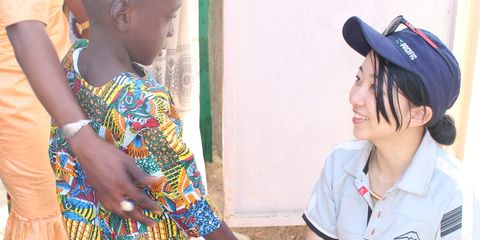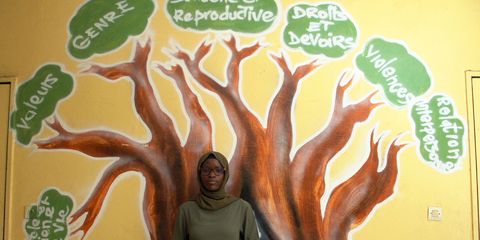Because we are Determined Optimists
Because we are “Determined Optimists” highlights the inspiring careers and work of Plan International Senegal staff.
These stories tell of the commitment and determination of these agents of change who are working for children’s rights, gender equality and the protection of the most vulnerable in the country. Through authentic testimonials and inspiring portraits, this campaign highlights their passion, perseverance and positive vision for the future.
By putting faces to our sustainable impact, we highlight the commitment of local teams, while inspiring others to join this common cause, in a spirit of solidarity and determination in the face of development challenges.
By embodying the values of optimism and resilience, Plan International Senegal employees become role models for a more equitable and inclusive society.
Meet our determined optimists

Mouhamadou Lamine Ndiaye
Lamine guides and integrates the monitoring and evaluation aspects of programmes, helping to create a lasting impact for communities.
Speaking summary in English
Lamine plays an essential role in guiding and integrating the monitoring and evaluation aspects of the programmes. His work helps to measure the effectiveness of initiatives and ensure that they have a lasting impact on communities. Thanks to his efforts, programmes can be continually adjusted and improved to meet the needs of beneficiaries more effectively.
Lamine measures the impact of programmes using several methods and tools:
- Performance indicators (KPIs): He uses key performance indicators to assess the results and impact of the programmes. These indicators can be quantitative (such as the number of beneficiaries) or qualitative (such as participant testimonials).
- Baseline and endline evaluations: It carries out evaluations at the beginning (baseline) and end (endline) of programmes to compare conditions before and after the intervention, which makes it possible to measure the changes attributable to the programmes.
- Surveys and interviews: Lamine conducts surveys and interviews with beneficiaries and stakeholders to gather data on the impact of the programmes and obtain direct feedback on their effectiveness.
- Data analysis: He analyses the data collected to identify trends and significant results. This analysis helps to understand the overall impact of programmes and to adjust strategies if necessary.
- Reporting and feedback: Lamine prepares detailed reports on evaluation results and shares this information with stakeholders to ensure transparency and continuous programme improvement.
These methods allow Lamine to ensure that programmes have a sustainable impact and meet the needs of communities.
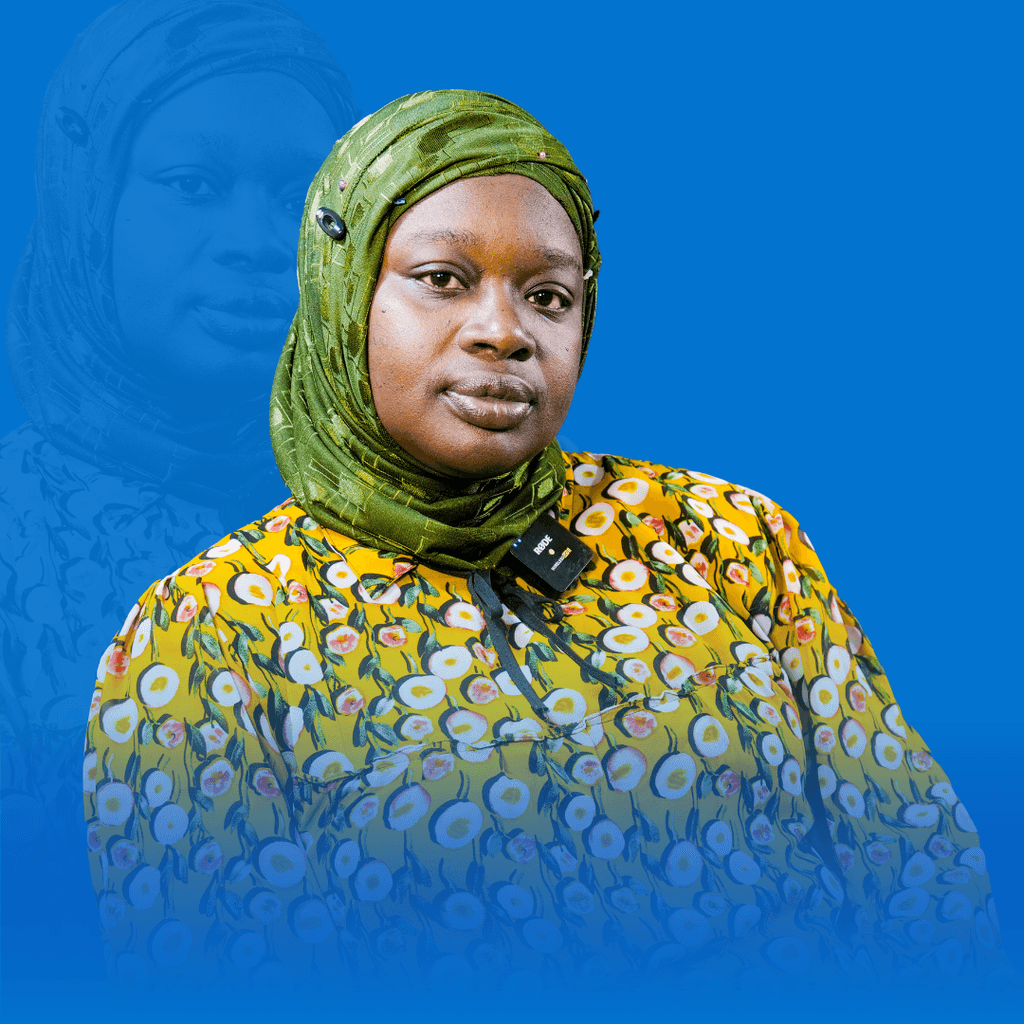
Fatou Fall
Fatou guides and integrates the gender and inclusion dimensions, helping to ensure that projects take greater account of women and people with disabilities in their development and implementation.
Speaking summary in English
Fatou plays a crucial role in guiding and integrating gender and inclusion dimensions into projects. Thanks to her work, projects take better account of the needs and perspectives of women and people with disabilities, both in their development and implementation. This ensures that these groups are included and benefit fully from the initiatives developed.

Néné Maricou & Papa Samba
Néné and Papa Samba, project managers, are adopting an integrated management approach to the implementation of their activities to harmonise their approaches and increase their impact on young people.
Speaking summary in English
Néné and Papa Samba, project managers at Plan International, are adopting integrated management to harmonise their methods and maximise the impact of their initiatives on young people. Their collaboration promotes effective coordination and optimal use of resources.
Major results of their approach:
- Education: Increase in the school enrolment rate for girls thanks to awareness-raising campaigns and improvements to school infrastructure.
- Health: Strengthening maternal and child health services, reducing mortality and improving community health.
- Economic empowerment: Vocational training programmes for young people, reducing unemployment and improving economic opportunities.
- Access to drinking water: Provision of drinking water to several villages, improving public health and living conditions.
Their collaborative and integrated approach has led to sustainable results, demonstrating the effectiveness of their management in improving living conditions for communities.

Abdoulaye Sall
Abdoulaye is a highly skilled operations manager. His ability to listen and analyse contributes greatly to the optimal implementation of our programmes in a new socio-political context.
Speaking summary in English
Abdoulaye is highly adaptable in the face of change, thanks to a number of strategies: active listening, in-depth analysis, flexibility, collaboration and ongoing training. These skills enable him to understand needs, identify opportunities and challenges, and make informed decisions. He relies on his team and stays up to date in his field to be an effective leader.
However, he faces specific challenges, such as:
- Adapting to rapid socio-political change.
- Managing stakeholder expectations.
- The constraints of limited resources.
- Resistance to change.
- Logistical complexities.
Abdoulaye uses his leadership, communication and strategic management skills to overcome these obstacles.
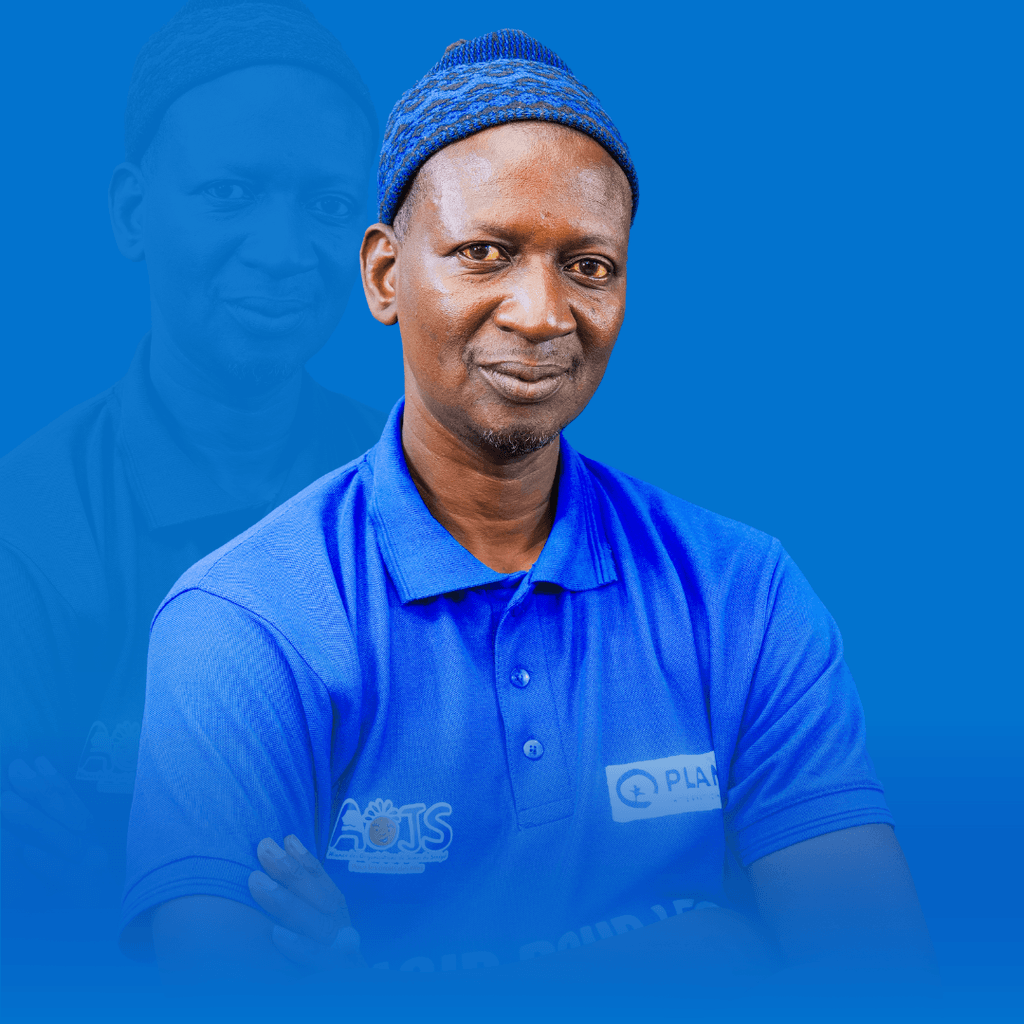
Gaskel Tine
Gaskel plays an active role in ensuring that the teams get around safely. He plays a fundamental role in the planning and execution of our activities in the field.
Speaking summary in English
Gaskel plays a crucial role in ensuring the safe movement of teams. He is also fundamental to the planning and execution of activities in the field, ensuring that operations run smoothly and efficiently.
Gaskel faces a number of specific challenges in his role:
- Travel safety: Ensuring the safety of teams as they travel can be complex, especially in remote or unstable areas.
- Logistical planning: Planning and coordinating activities in the field requires meticulous organisation to avoid delays and interruptions.
- Resource management: Optimising the use of available resources, such as vehicles and fuel, while respecting budgetary constraints.
- Adaptability: Dealing with the unexpected, such as adverse weather conditions or mechanical problems, requires a high degree of adaptability and responsiveness.
These challenges require constant expertise and vigilance to ensure that operations run smoothly in the field.
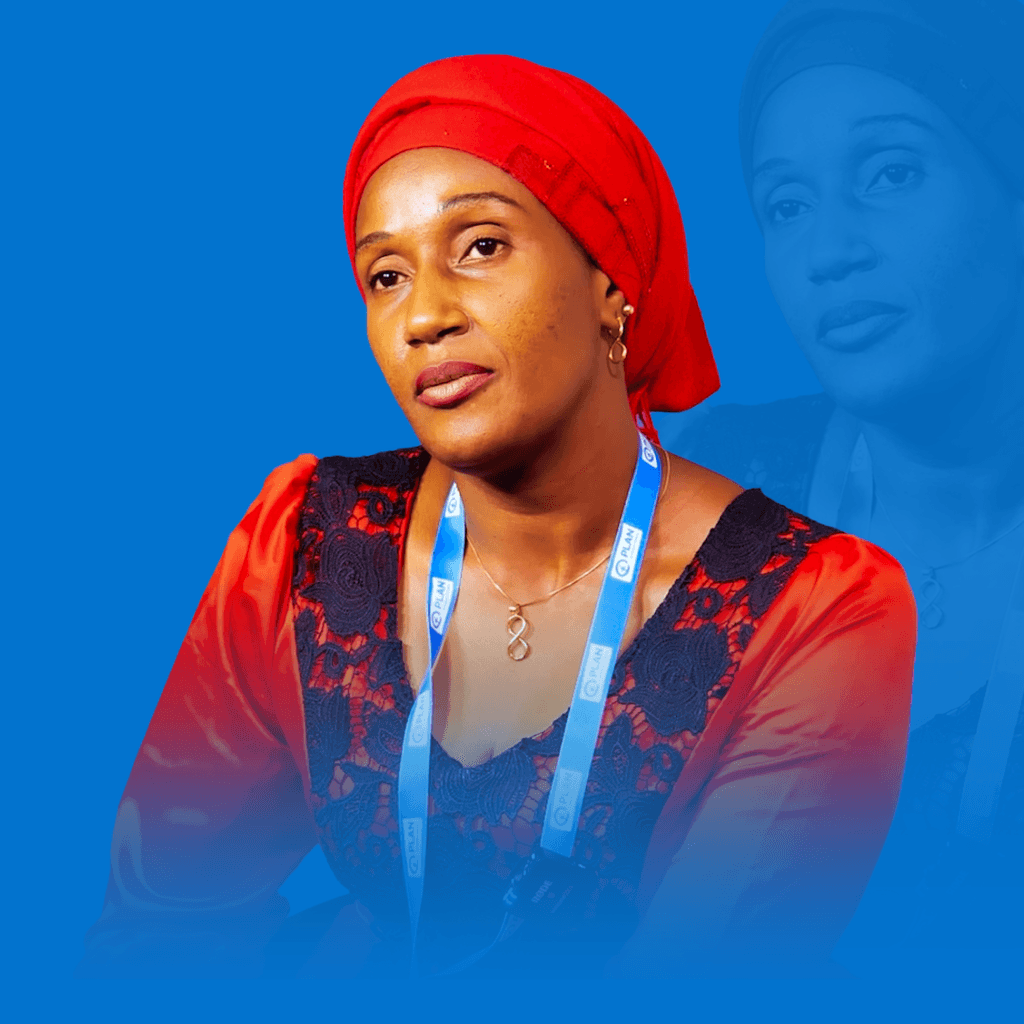
Fatou Kiné Latouffe
Fatou Kiné brings her expertise in finance and resource management to bear against a backdrop of dwindling donations and partner funding.
Speaking summary in English
Fatou Kiné uses her expertise in finance and resource management to help navigate a context where donations and partner funding are becoming increasingly scarce. Her role is crucial in optimising the use of available resources and ensuring the sustainability of projects despite financial challenges.
Fatou Kiné faces a number of specific challenges in her role:
- Increasing scarcity of funding: With the decrease in donations and funding from partners, she has to find innovative ways to optimise available resources and ensure the sustainability of projects
- Resource management: Efficient management of financial and material resources is becoming crucial in a context of scarcity, requiring rigorous planning and strategic allocation
- Mainstreaming inclusion: Ensuring that projects take into account the needs of women and people with disabilities requires special attention and extra efforts to adapt initiatives to local realities
- Maintaining quality: Despite financial constraints, it must ensure that the quality of programmes is not compromised, which can be a major challenge
These challenges require a great deal of expertise and adaptability to navigate effectively in a constantly changing environment.
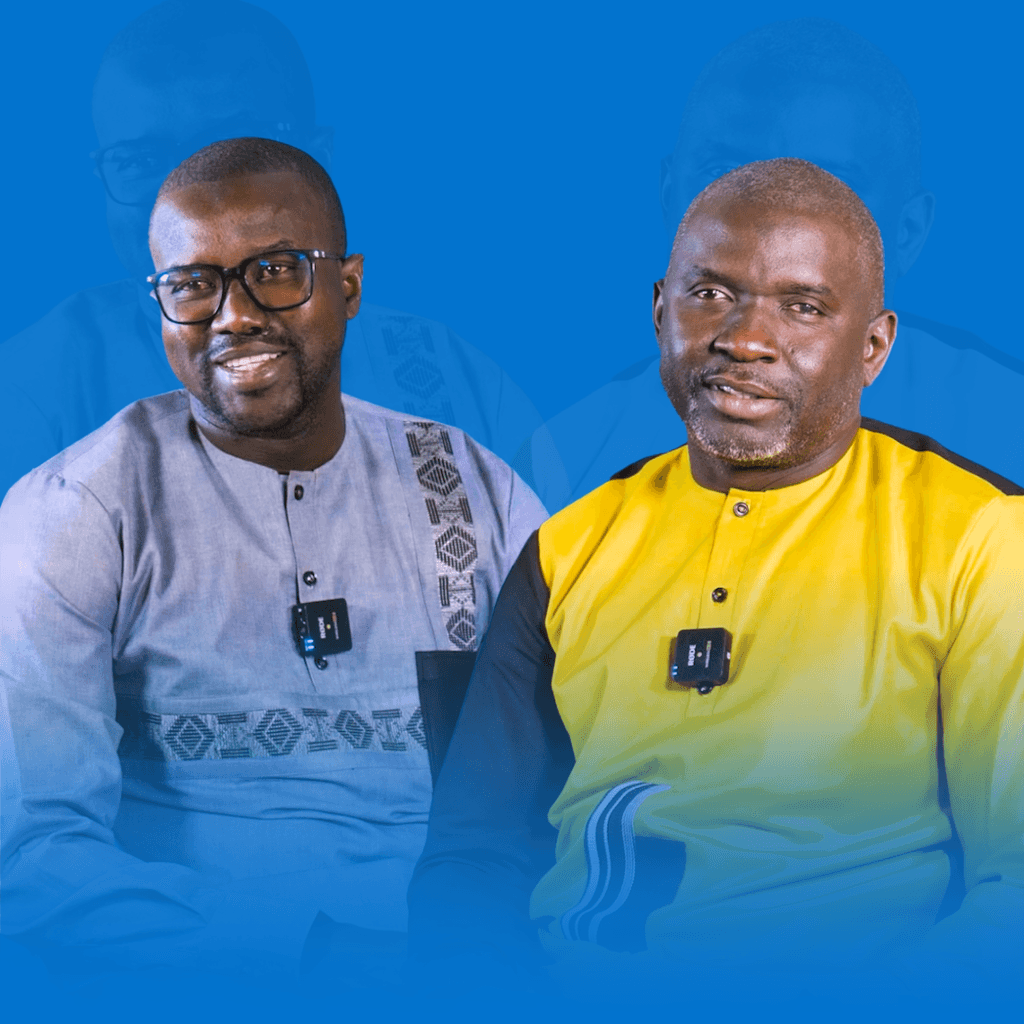
Babacar Ferdinand & Abdoulaye
Community engagement is an important pillar of our programme implementation strategy. Discover Plan’s achievements in the villages of Senegal.
Speaking summary in English
Community engagement is central to Plan International’s strategy for implementing its programmes. In the villages of Senegal, Plan International has carried out several notable initiatives, such as:
- Access to education: Construction and renovation of schools to ensure a safe and inclusive learning environment for all children
- Health and nutrition: Implementation of maternal and child health programmes, as well as initiatives to improve child and family nutrition
- Economic empowerment: Training young people and women in entrepreneurial skills and supporting the creation of small businesses).
- Water and sanitation: Improving access to drinking water and sanitation facilities in villages, thereby contributing to better public health
These achievements demonstrate the positive impact of community involvement and working with local people to achieve sustainable development.
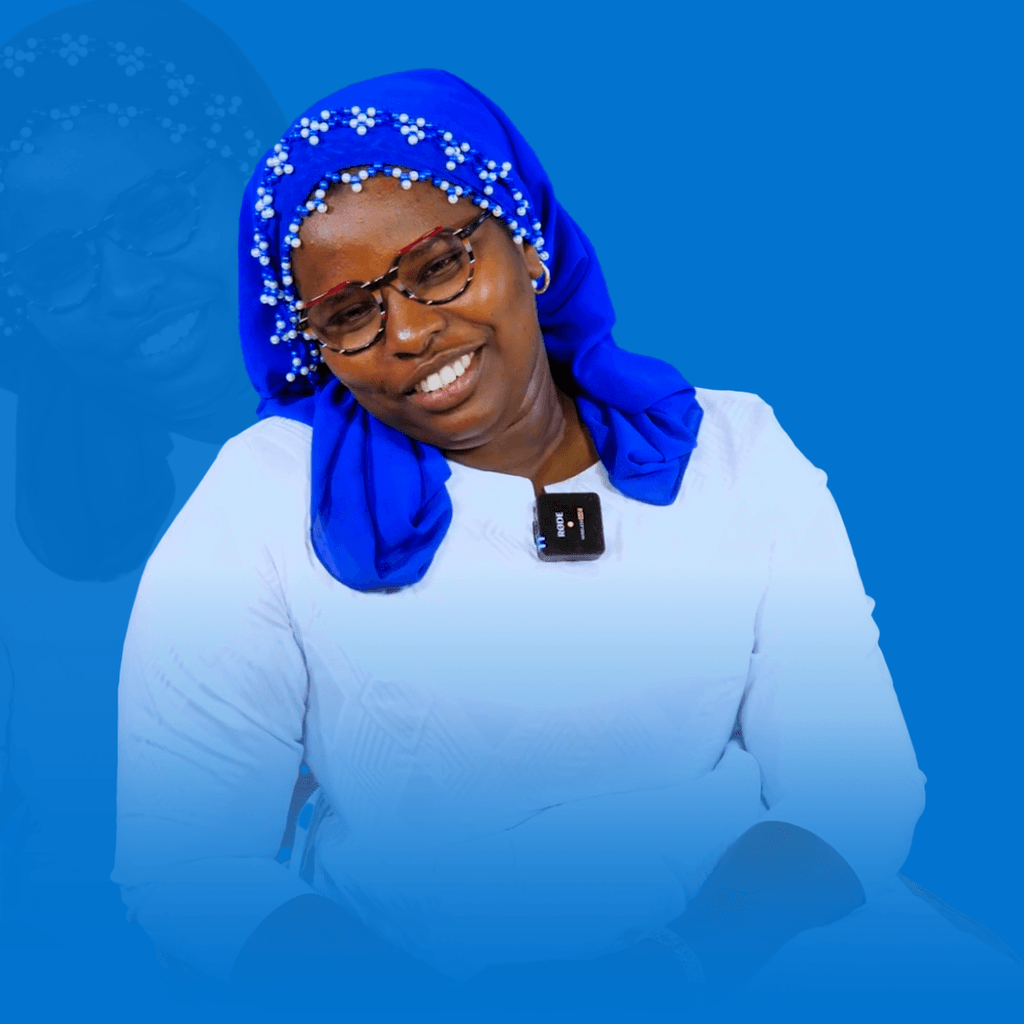
Aminata Kane
Aminata works as close as possible to the communities, coordinating sponsorship. She talks to us about the importance of this programme for children and their families.
Speaking summary in English
In this video, Aminata shares her role in coordinating the sponsorship programme, which plays a vital role in improving the quality of life of children and their families, while offering them better opportunities for the future.
Benefits of sponsorship:
- Education: Access to school, school supplies and educational support.
- Health: Access to medical care, vaccinations and nutrition.
- Living conditions : Improvements to infrastructure such as drinking water, sanitation and housing.
- Community development: Construction of schools, clinics and other community projects.
- Emotional support: The links with the sponsors strengthen the children’s self-confidence and hope.
- Economic opportunities: Vocational training and micro-credit programmes for families.
Sponsorship has a lasting impact, transforming children’s lives while supporting community development.
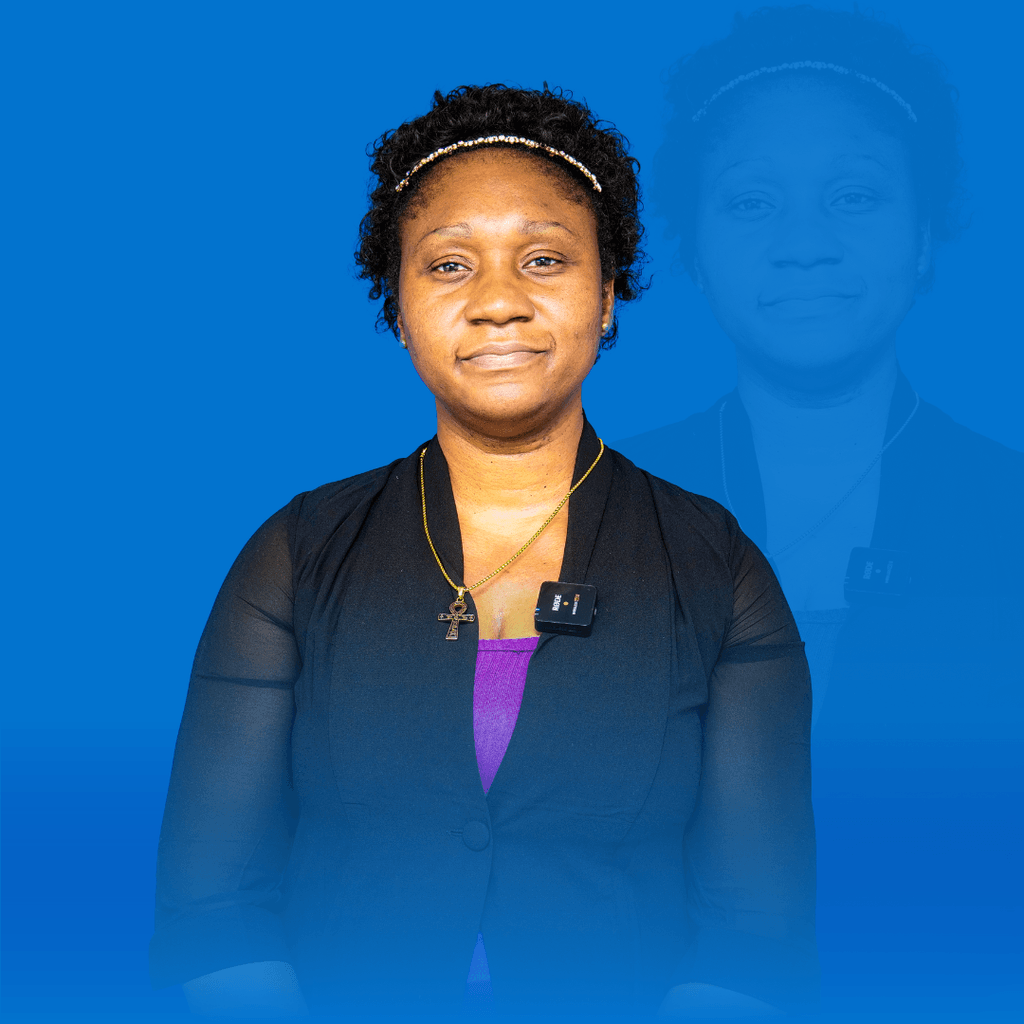
Christine Pamela Nsonda
Christine excels at designing and implementing digital communications strategies to ensure a high-quality digital presence and the engagement of a dynamic community on social networks.
Speaking summary in English
Christine, an expert in digital communications, plays a key role in the success of Plan International Senegal’s programmes by creating a strong digital presence and engaging a dynamic community on social networks.
Major contributions of her expertise:
- Increasing visibility: Implementing digital strategies to attract more support and funding.
- Community engagement: Creating an active community that participates in and supports the programmes.
- Transparency and trust: Regular sharing of updates to strengthen the trust of donors and partners.
- Data collection and feedback: Use of digital platforms to collect data and adjust programmes in real time.
- Awareness-raising and education: Digital campaigns to raise awareness of crucial issues such as girls’ education and child protection;
- Through her strategies, Christine helps to maximise the impact and reach of Plan International Senegal’s initiatives.

Fatou & Fansou
Fatou and Fansou work in synergy to ensure the quality of programmes in the communities where Plan International Senegal operates.
Speaking summary in English
Fatou and Fansou work in synergy within Plan International Senegal to guarantee the quality and lasting impact of the programmes in the communities where they operate.
Results of their collaboration :
- Improved quality of programmes: Optimisation of initiatives for greater efficiency and sustainable impact.
- Promotion of gender equality: Reinforcement of actions aimed at raising awareness and bringing about positive changes between girls and boys.
- Local capacity building: Supporting young people and communities to become leaders and agents of change.
- Strategic partnerships: Creating alliances with other organisations to mobilise more resources and opportunities.
Their collaboration demonstrates the importance of teamwork in achieving common goals and improving the living conditions of communities, particularly young people and girls.
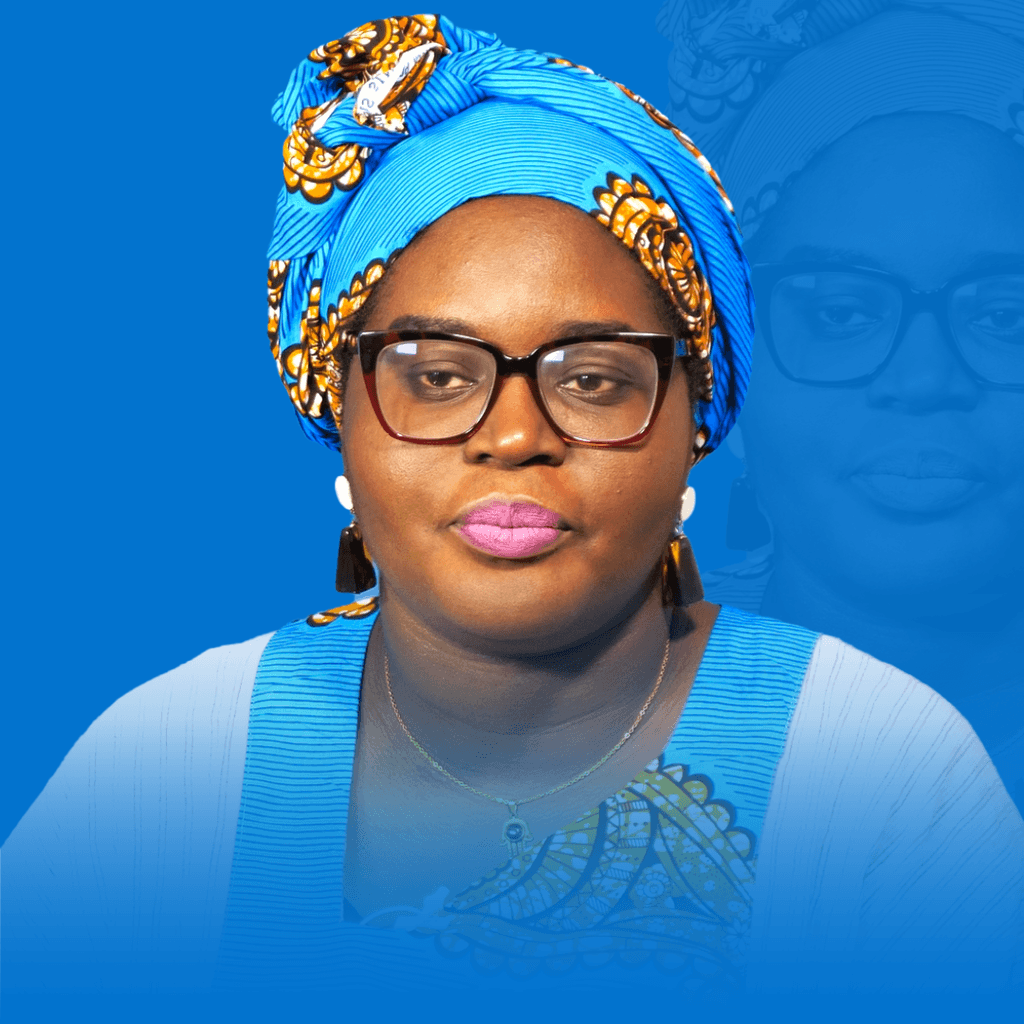
Thioro Ndiaye Touré
Thioro leads and oversees human resources management, providing key expertise to support our teams throughout their career in the organisation.
Speaking summary in English
Thioro plays a crucial role in human resources management, providing invaluable expertise to support teams throughout their careers within the organisation.
Human resources (HR) challenges are numerous and constantly evolving. Here are some of the main challenges facing HR professionals in 2025:
- Attracting and retaining talent: With increased competition for skills, it is crucial to develop a strong employer brand and offer attractive working environments.
- Digital transformation: The integration of new technologies, such as artificial intelligence, into HR processes is essential to improve the efficiency and accuracy of administrative tasks.
- Employee well-being and mental health: Ensuring employee well-being and promoting good mental health have become priorities for maintaining high productivity and reducing staff turnover.
- Adaptability and resilience: HR must be able to adapt quickly to economic, technological and societal change to remain relevant and effective.
- Managing new forms of work: With the rise of teleworking and flexible working, it is important to put in place policies that support these new practices while maintaining team cohesion.
These challenges require a strategic and innovative approach if they are to be met successfully.
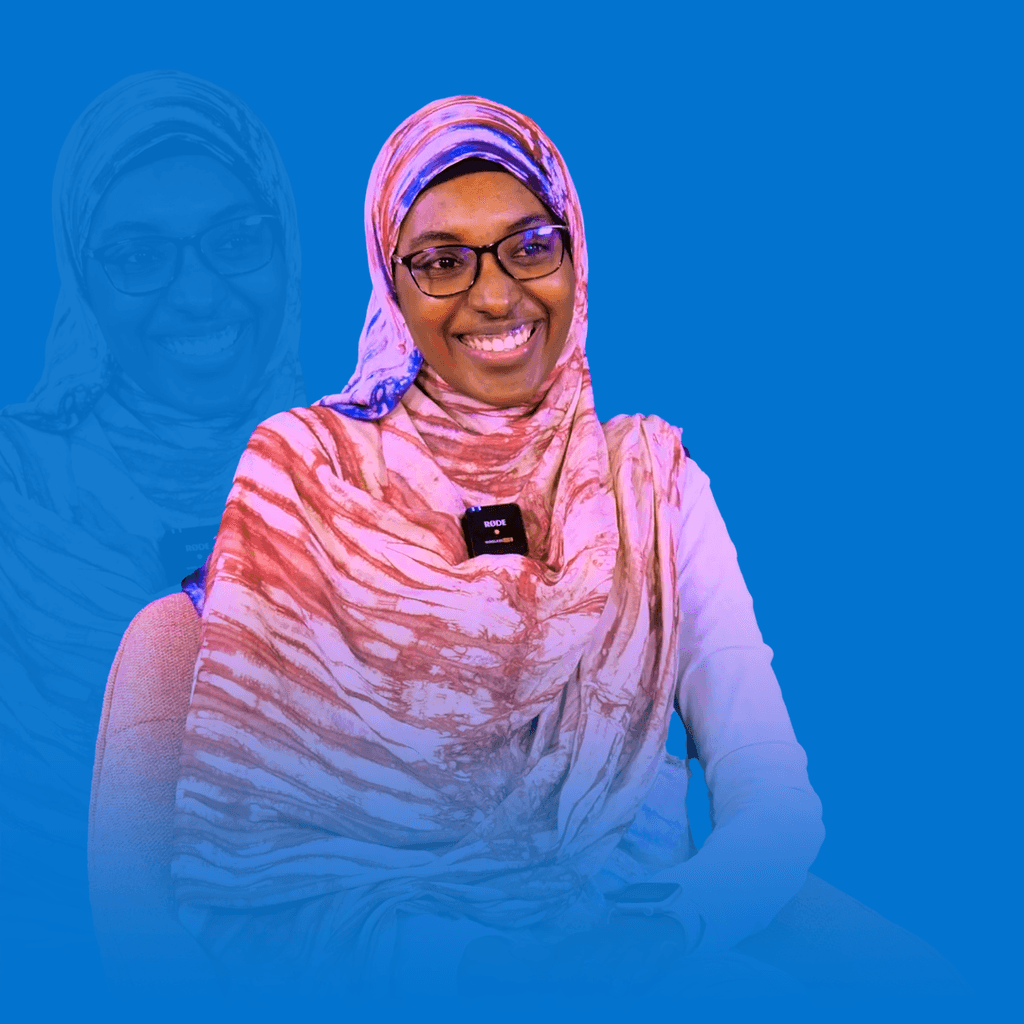
Dieynaba Diallo
Dieynaba is a member of a youth association that works with Plan International. As a trainee, she talks about her vision of the future, equality for girls and her work in the sponsorship department.
Speaking summary in English
Dieynaba, a young intern and member of a youth association working with Plan International, is actively involved in the sponsorship department to promote equality for girls. She emphasises the importance of this cause in building a better future.
Plan International’s contribution to young people:
- Participation and commitment: Encouragement to express themselves and take part in decisions that affect them.
- Education and training: Access to inclusive education and training to promote social and economic integration.
- Advocacy for gender equality: Promotion of girls’ rights through awareness-raising and communication initiatives.
- Sustainable development: Development of programmes to solve structural problems affecting young people, particularly girls.
These initiatives help young people to become leaders and actively contribute to the development of their communities.
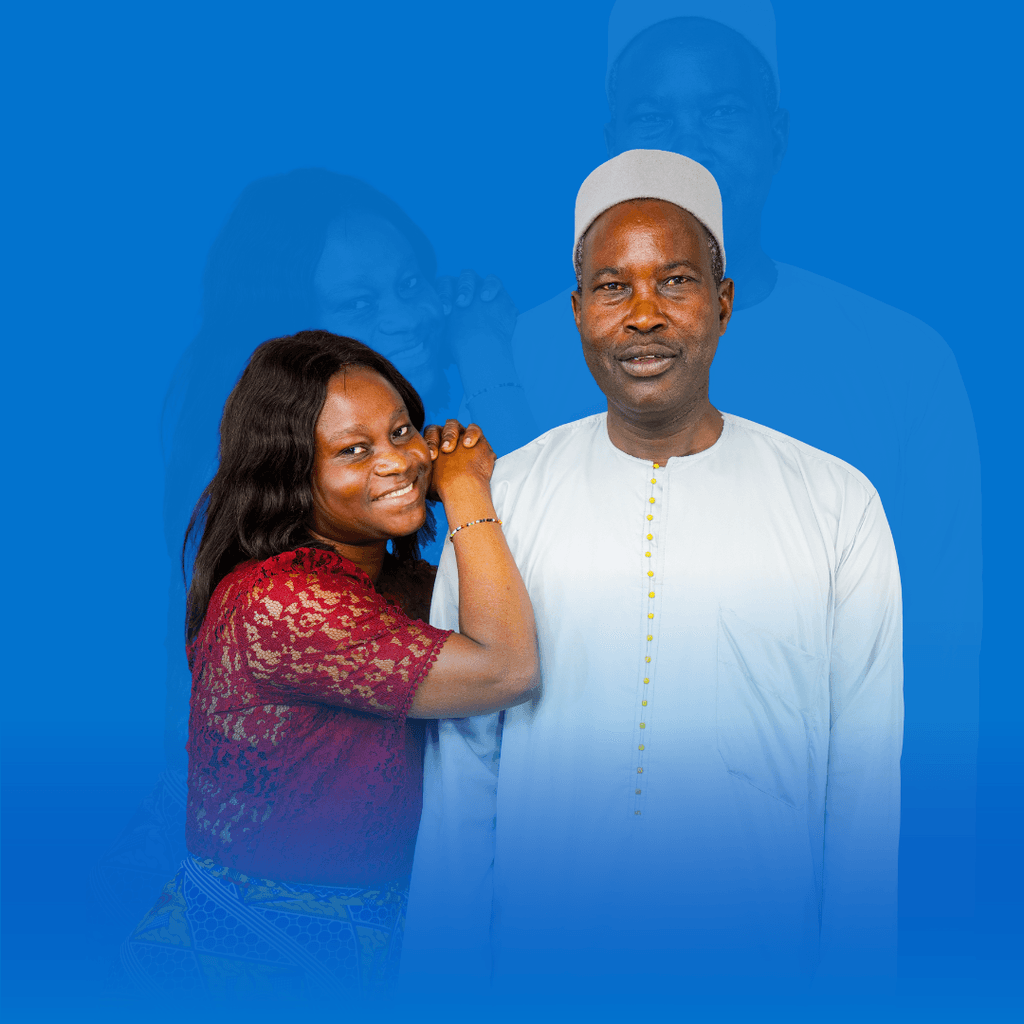
Louise Amaur & Mor Diop
Louise and Mor, as part of the sponsorship team, work together closely with communities to help sponsored children achieve their full potential.
Speaking summary in English
The video highlights the inspiring work of Louise and Mor in the sponsorship team, who work with communities to ensure the well-being and development of sponsored children. Here are the main aspects covered:
- Daily co-ordination: Louise and Mor plan visits, manage resources and communicate with sponsors to ensure effective support for the children.
- Family and community visits: These meetings help to assess needs, adapt programmes and strengthen links between children, families and sponsors.
- History of Plan International: Founded in 1937, the organisation focuses on improving the lives of vulnerable children through initiatives in health, education, protection and children’s rights.
The positive impacts of the visits include the strengthening of community links, an accurate assessment of needs, personalised follow-up, awareness of children’s rights, and increased confidence in the programme on the part of families. These efforts are essential to ensure the success of the sponsorship initiatives.

Ange Vénus Gnakadja
Ange plays a key role in the partnership and in mobilising the financial resources that support the implementation of our programmes.
Speaking summary in English
Ange Vénus plays a key role in the success of the initiatives by mobilising financial resources and developing solid partnerships, which are essential for the effective implementation of the programmes.
Overview of the main areas of intervention:
- Health: Improving access to healthcare, vaccination campaigns, raising public health awareness and supporting medical infrastructures.
- Education: Strengthening access to education, improving the quality of teaching, training teachers and providing school materials.
- Gender: Promoting gender equality, combating gender-based violence and empowering women and girls.
- Human rights: Protection and promotion of fundamental rights, awareness-raising and support for victims of violations.
- Sponsorship: Support for children and families through financial, educational and emotional resources.
These varied and crucial programmes rely on Ange’s efforts to ensure their success and maximise their impact.
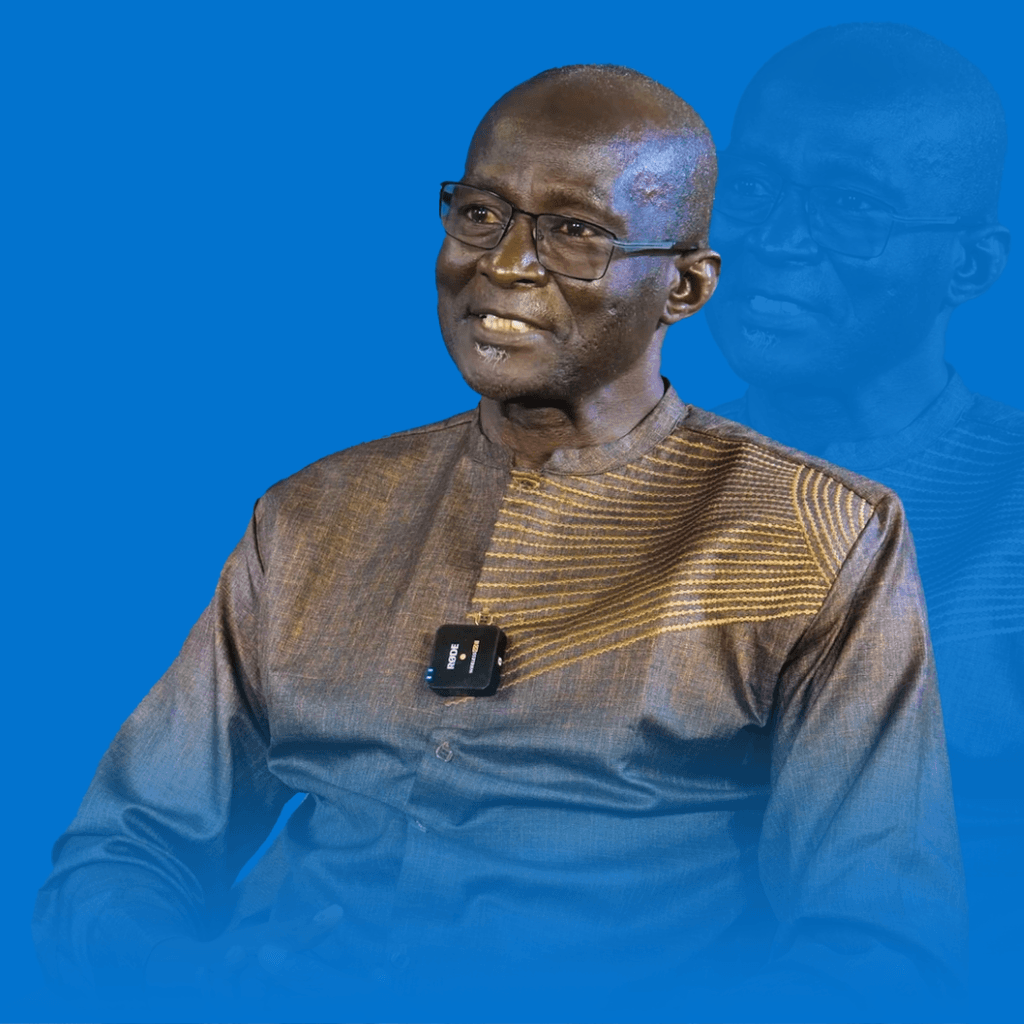
Abibou Faye
Abibou looks back on his career, after more than 20 years in the organisation serving communities, children and young people.
Speaking summary in English
Recounts over 20 years of service to communities, children and young people, sharing his experiences, challenges and successes. His story highlights the importance of community involvement and the positive impact it has had on many lives.
This journey inspires through:
- Community involvement, illustrating the importance of acting locally to improve one’s environment.
- Resilience and perseverance, showing how overcoming obstacles leads to significant success.
- Positive impact, proving that even small actions can transform lives.
- Leadership by example, encouraging others to become actively involved.
- Education and awareness, motivating people to learn about and take action on key issues.
In short, Abibou embodies a source of inspiration for anyone aspiring to make a difference in their community and beyond.
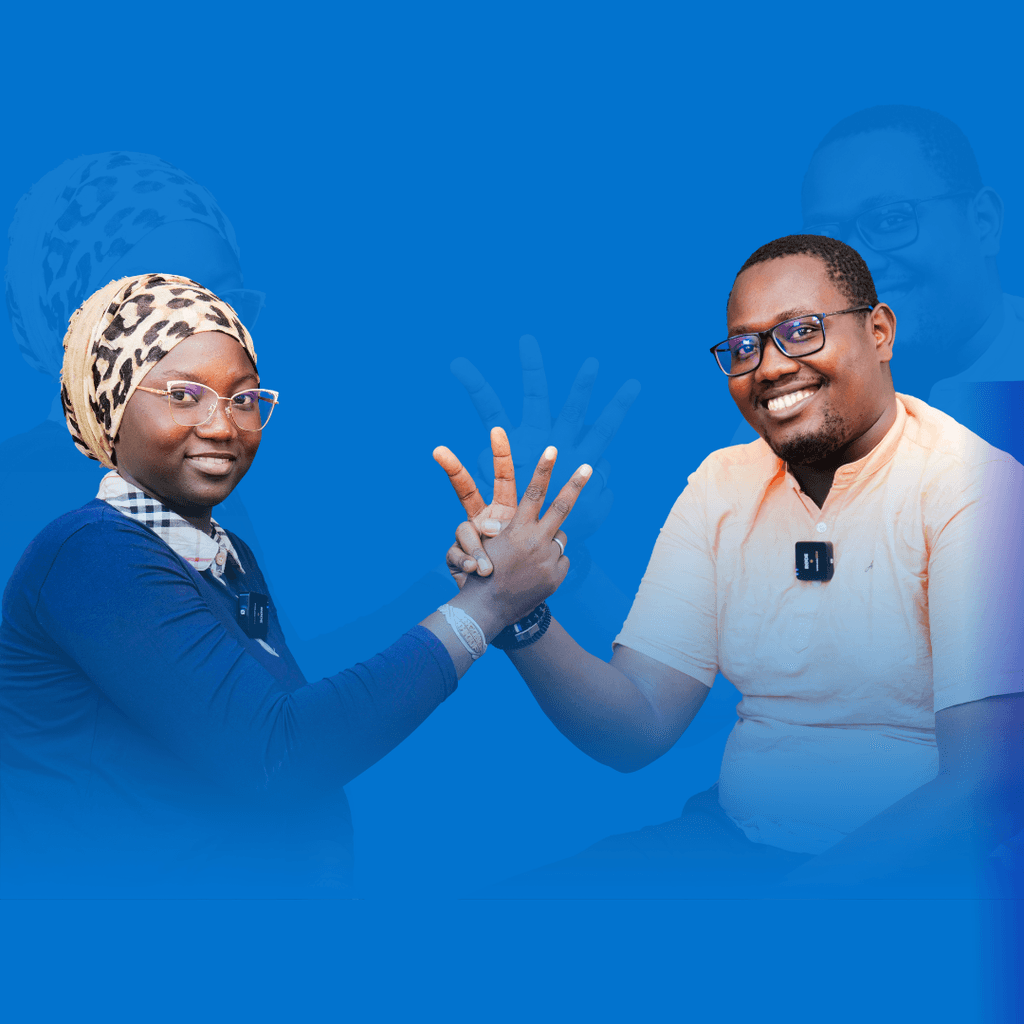
Ngoné Diouf & Mbaye Kébé
Ngoné and Mbaye work with youth associations to encourage young people to make a strong commitment to their communities.
Speaking summary in English
Ngoné and Mbaye play an important role in working with youth associations to encourage young people to become actively involved in their communities. Ngoné and Mbaye are implementing a number of specific initiatives to encourage young people to get involved in their communities.
- Community development projects: They work with local associations to launch projects that meet specific community needs, such as improving local infrastructure or setting up educational programmes.
- Training and awareness-raising workshops: They organise workshops to train young people on various subjects such as democracy, human rights and conflict management.
- Mentoring programmes: They set up mentoring programmes where young leaders are matched with experienced mentors to guide and support them in their community initiatives.
- Environmental initiatives: They encourage young people to take part in environmental protection projects, such as clean-up campaigns and reforestation projects.
These initiatives aim to strengthen young people’s commitment and promote sustainable and inclusive development within communities.
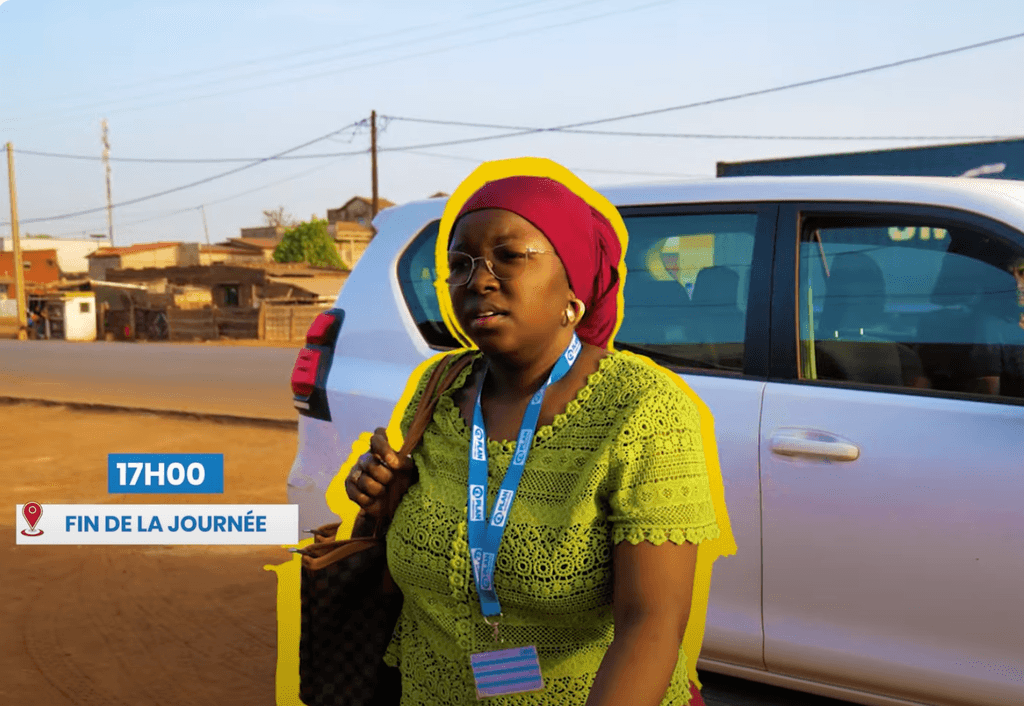
Awa Gueye
Awa takes us on a day out as a determined optimist in Eastern Senegal, working alongside young girls who are champions of change.
Speaking summary in English
Awa shows us everyday life in eastern Senegal, highlighting young girls who are champions of change. These girls play a key role in their communities, initiating projects and actions to improve their environment and promote development.
Awa is highlighting several specific initiatives to encourage the involvement of young girls in Eastern Senegal.
- Educational programmes: Awa works with young girls to improve their access to education, organising tutoring and skills development workshops.
- Community health projects: She initiates health and hygiene awareness campaigns, and works with health professionals to provide basic medical services to local communities.
- Environmental initiatives: Awa encourages young girls to take part in environmental protection projects, such as clean-up campaigns and reforestation projects.
- Mentoring and leadership programmes: She sets up mentoring programmes to help young girls develop their leadership skills and become role models in their communities.
These initiatives aim to empower young girls and promote sustainable and inclusive development within communities.

